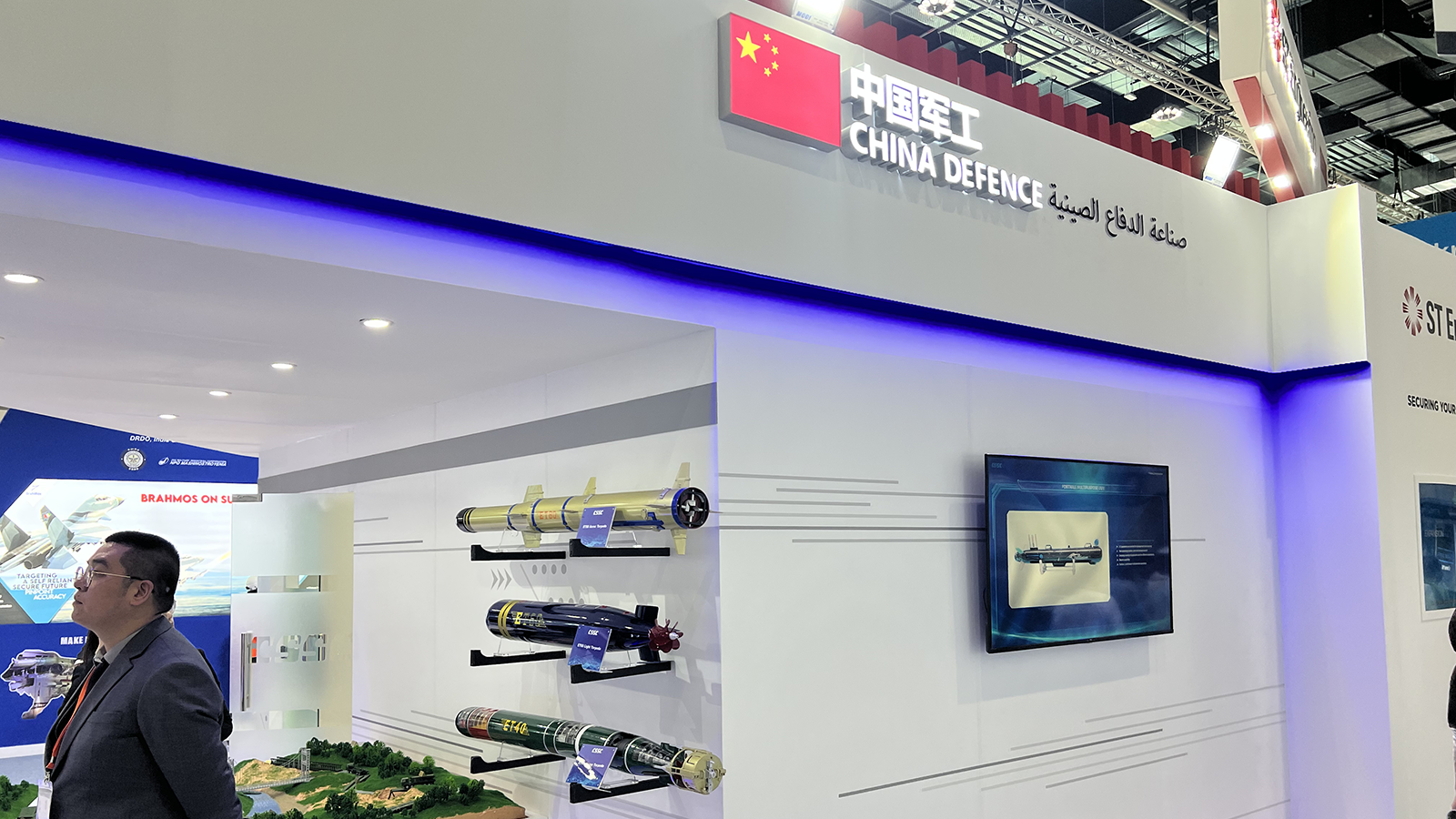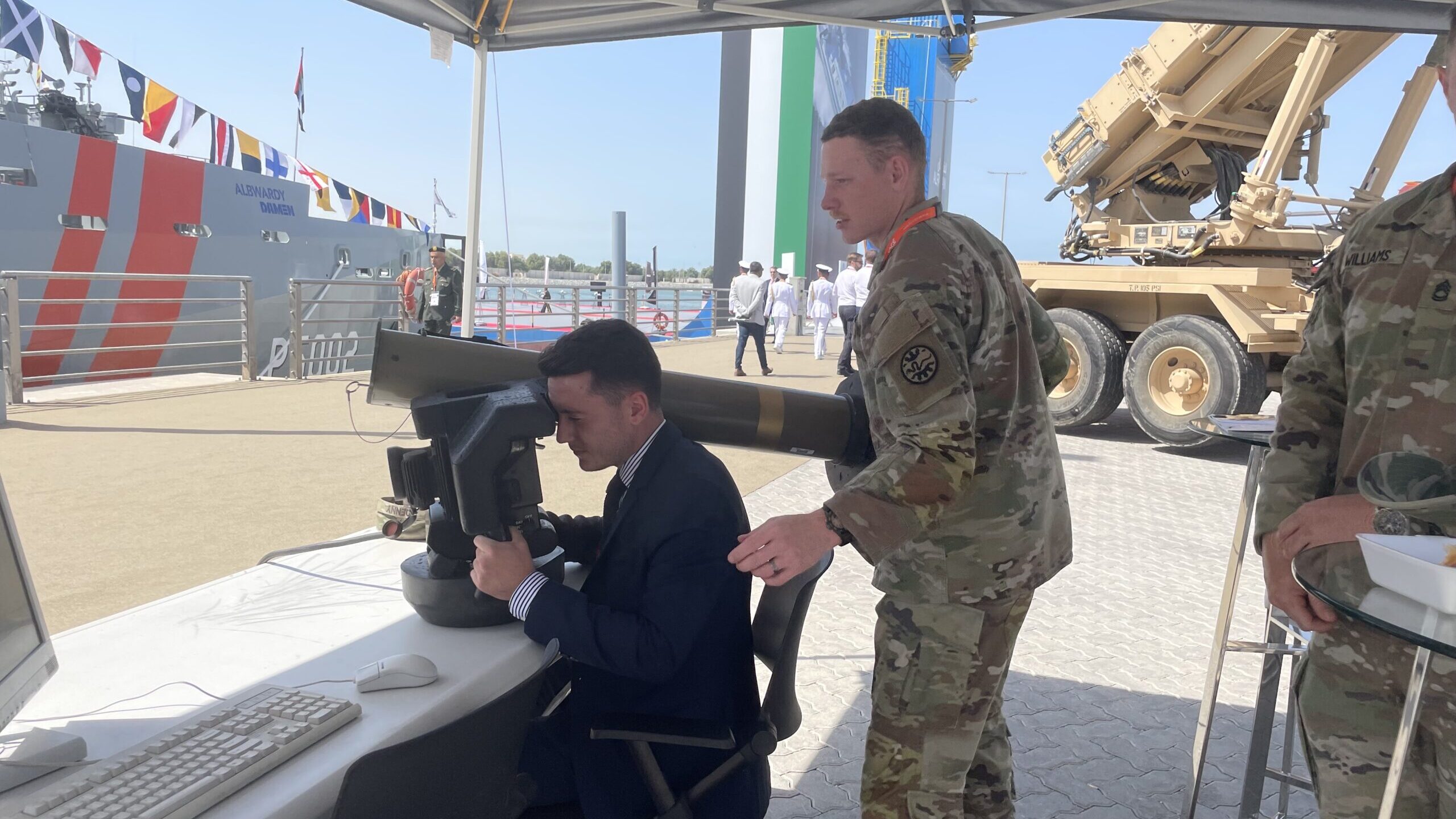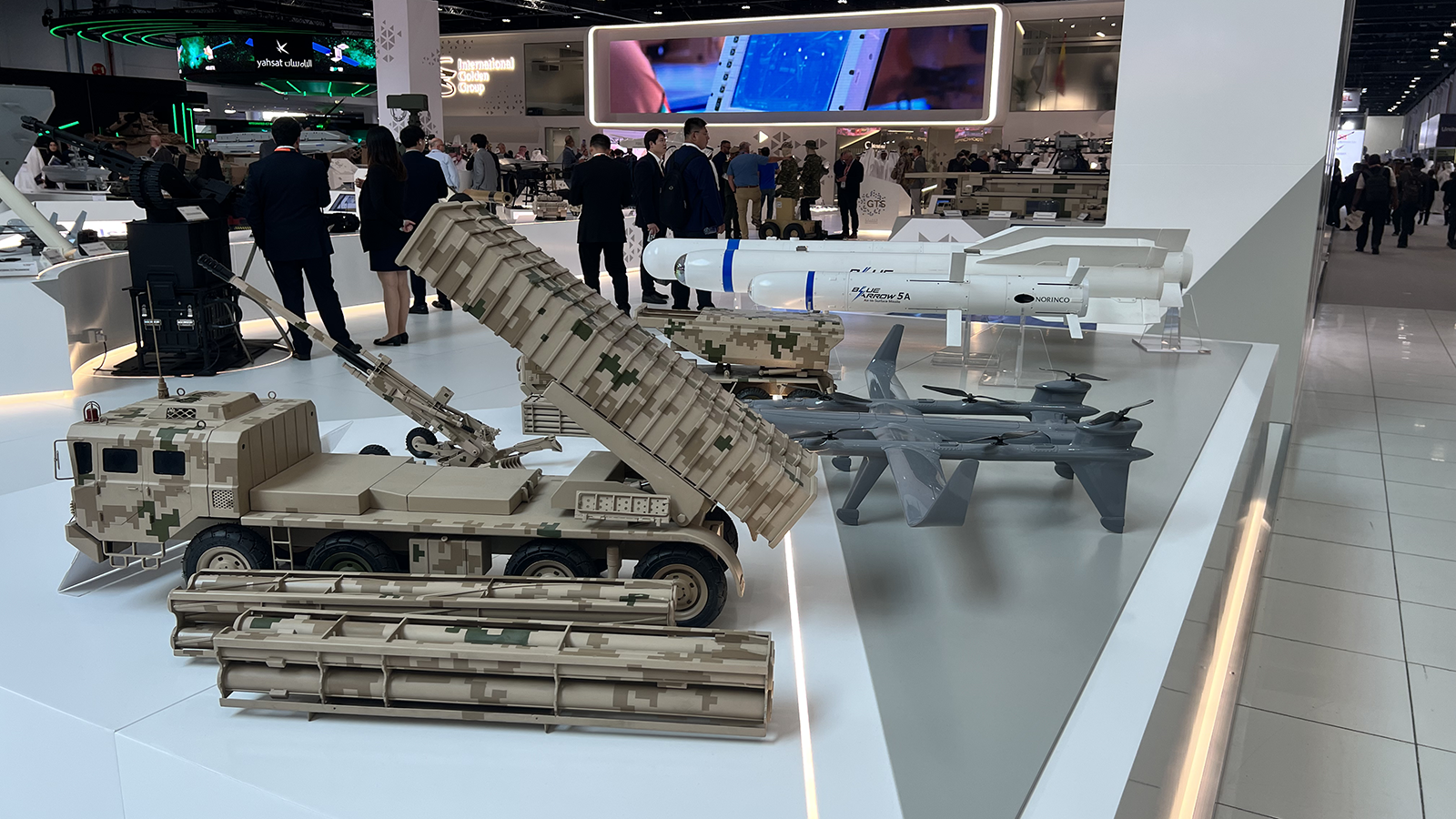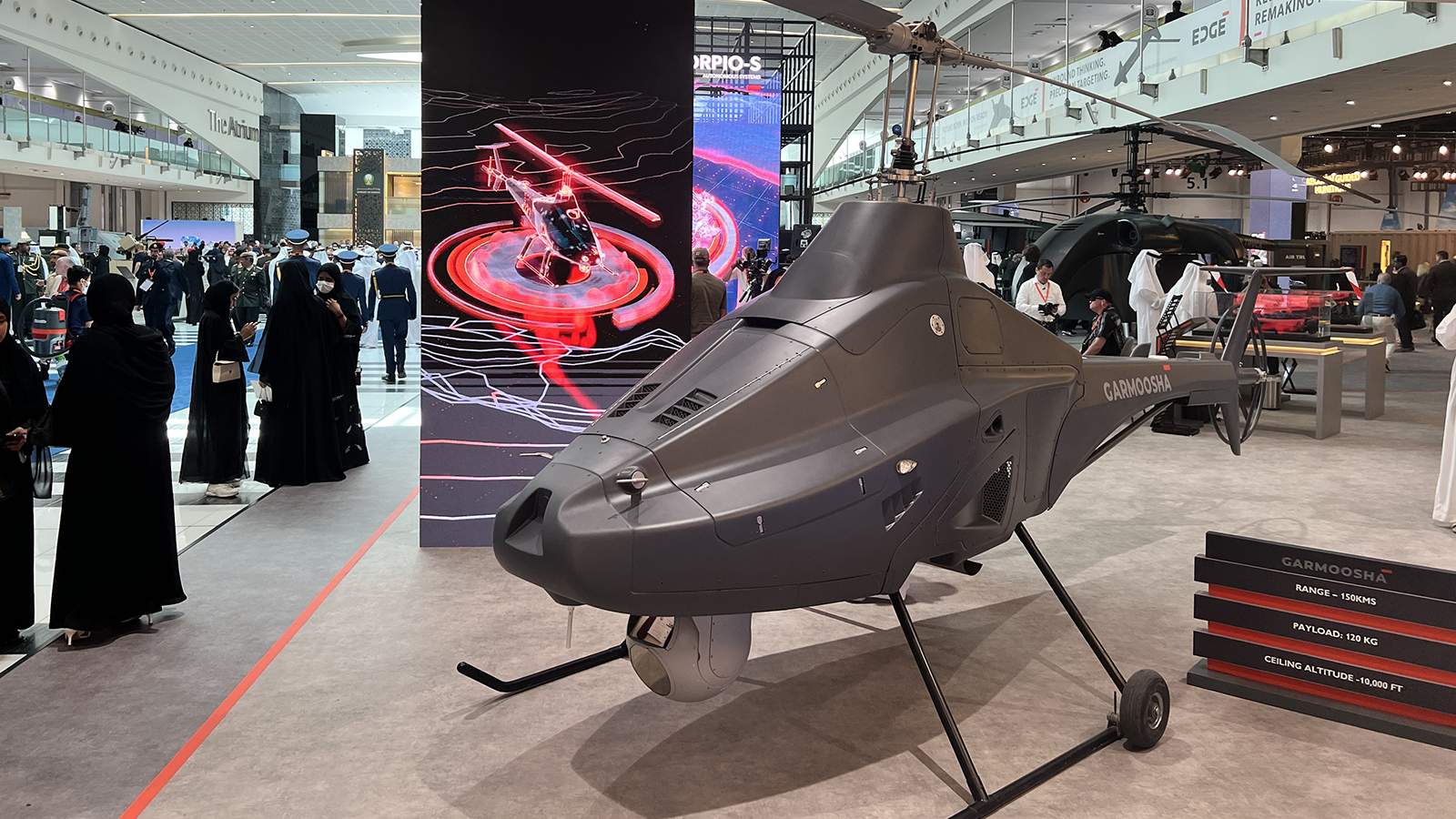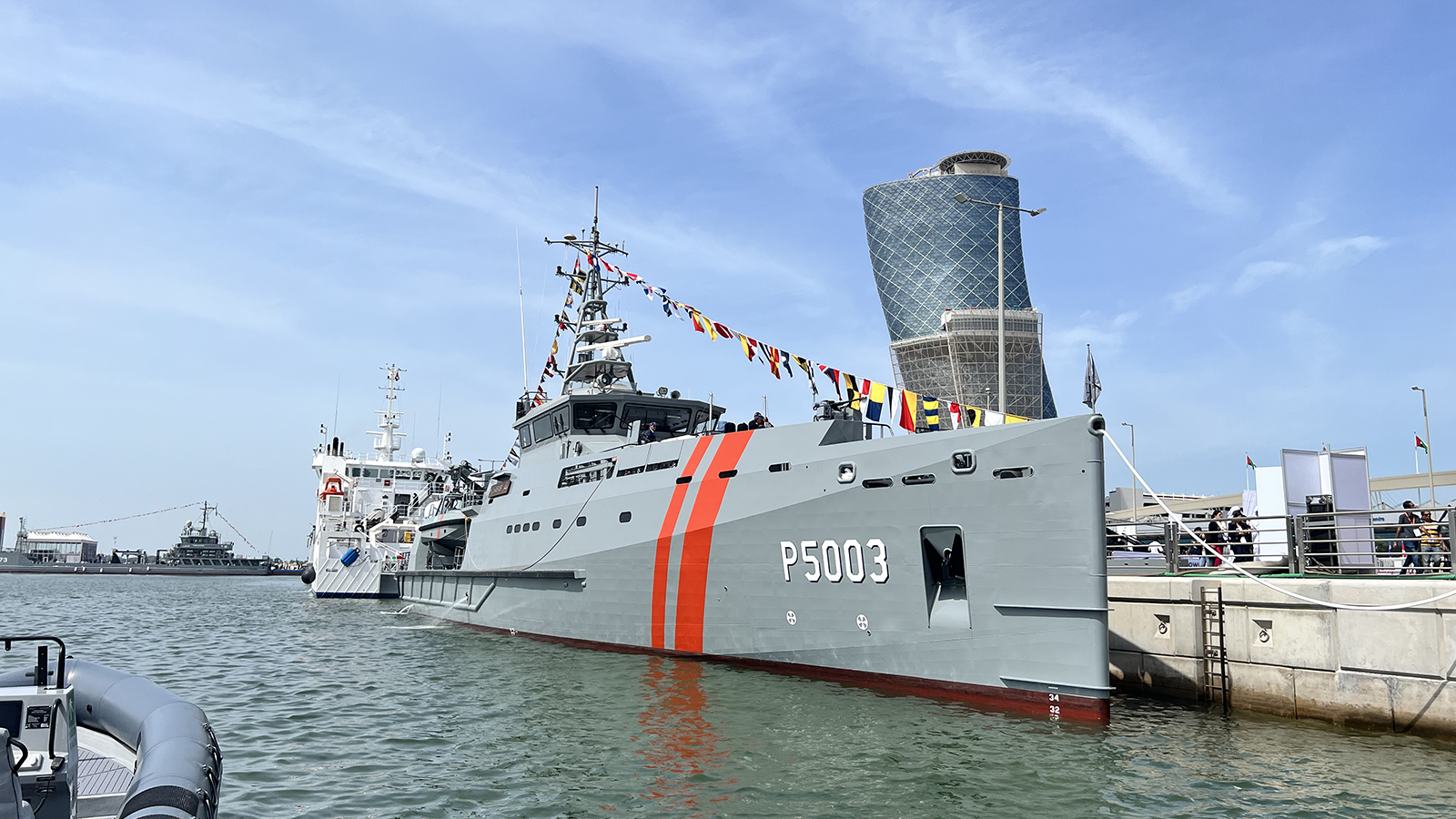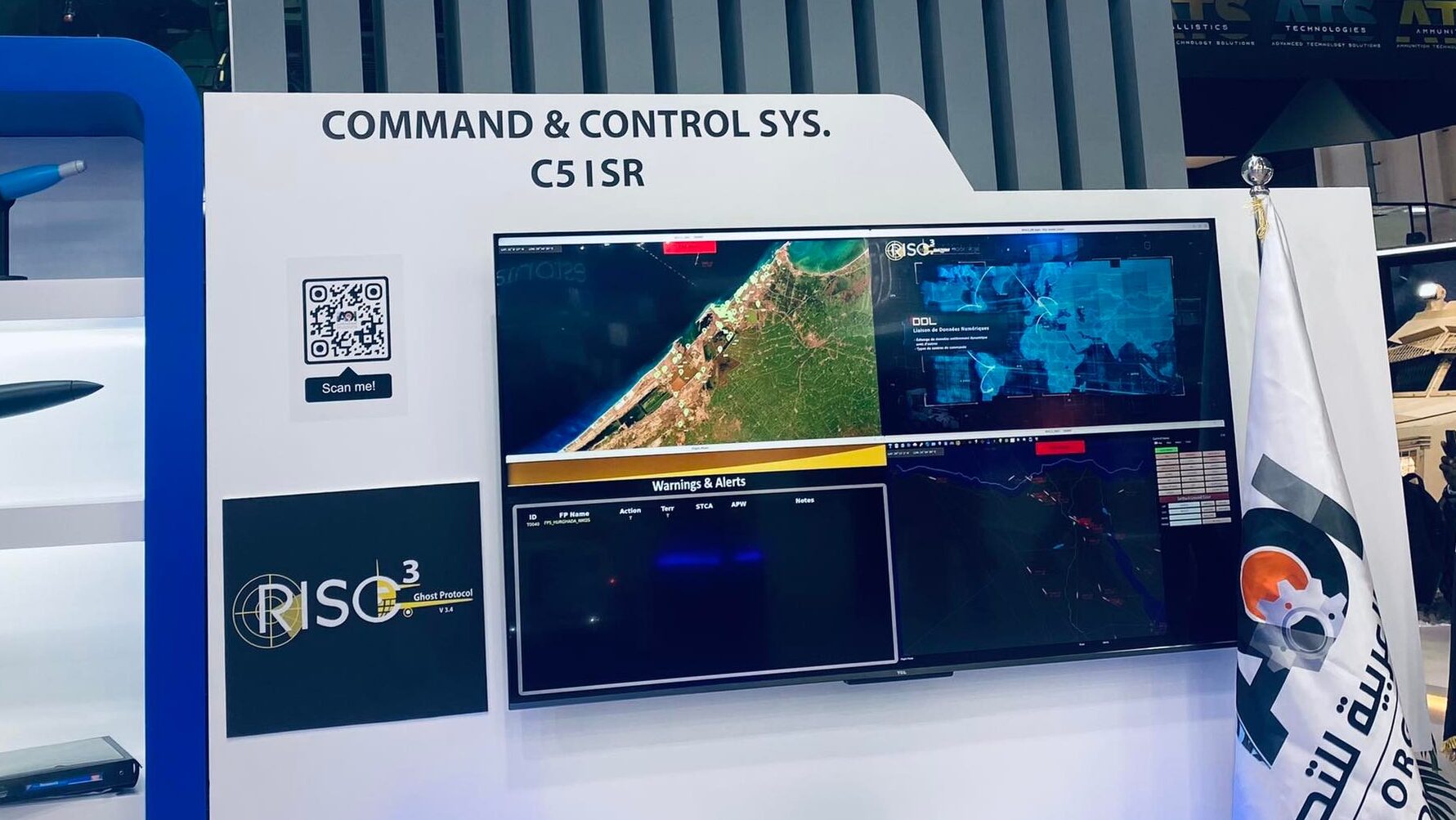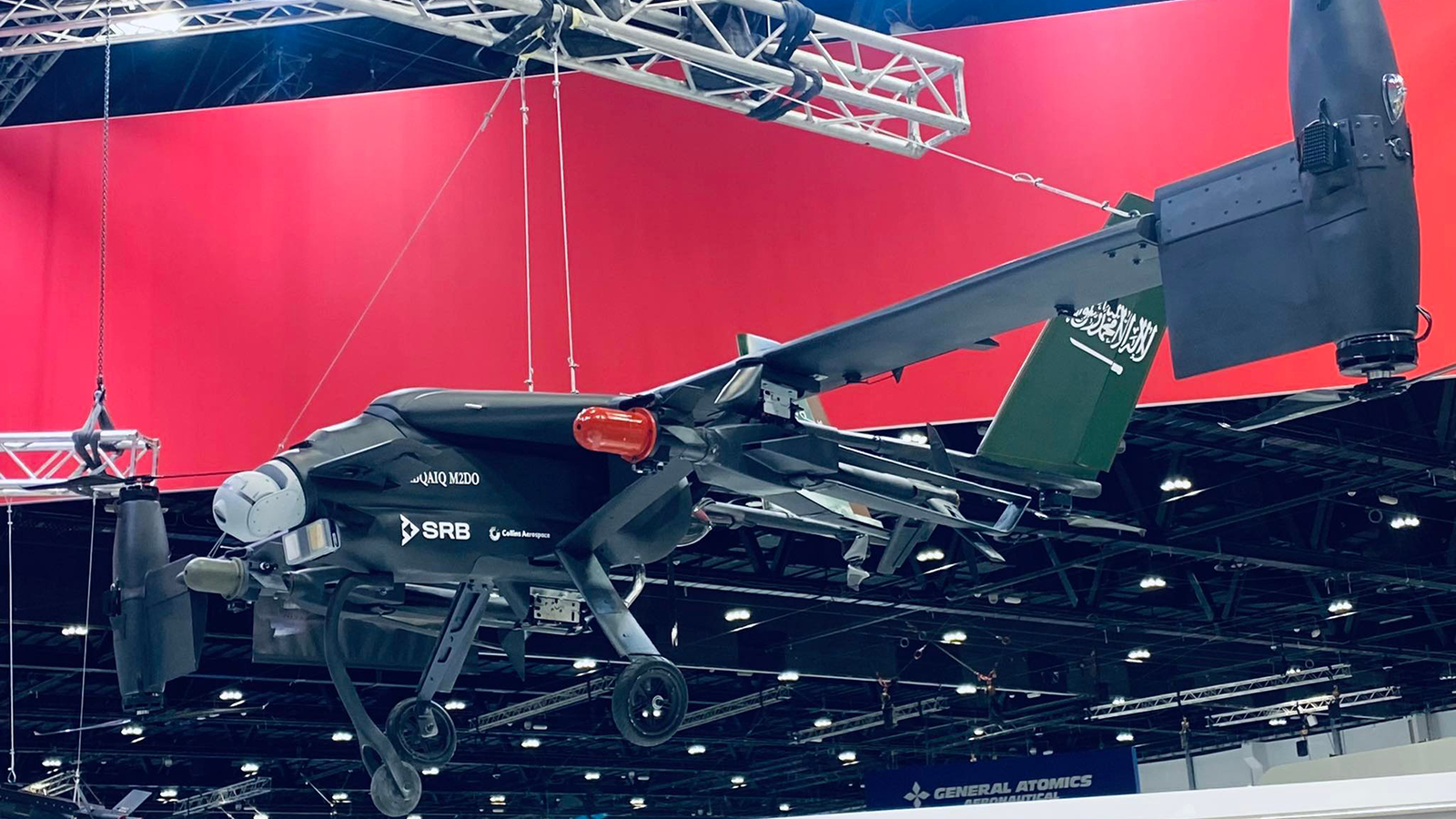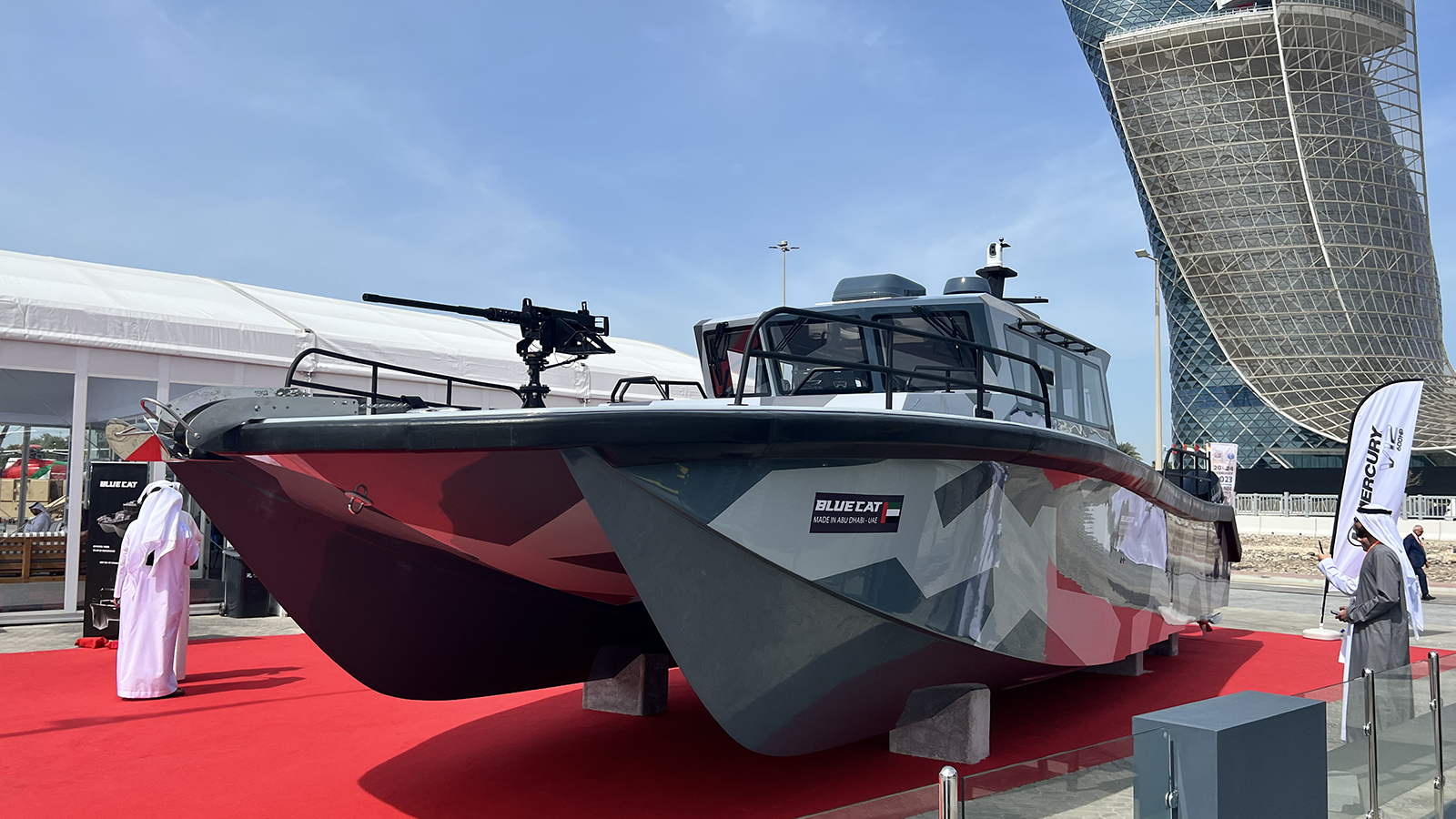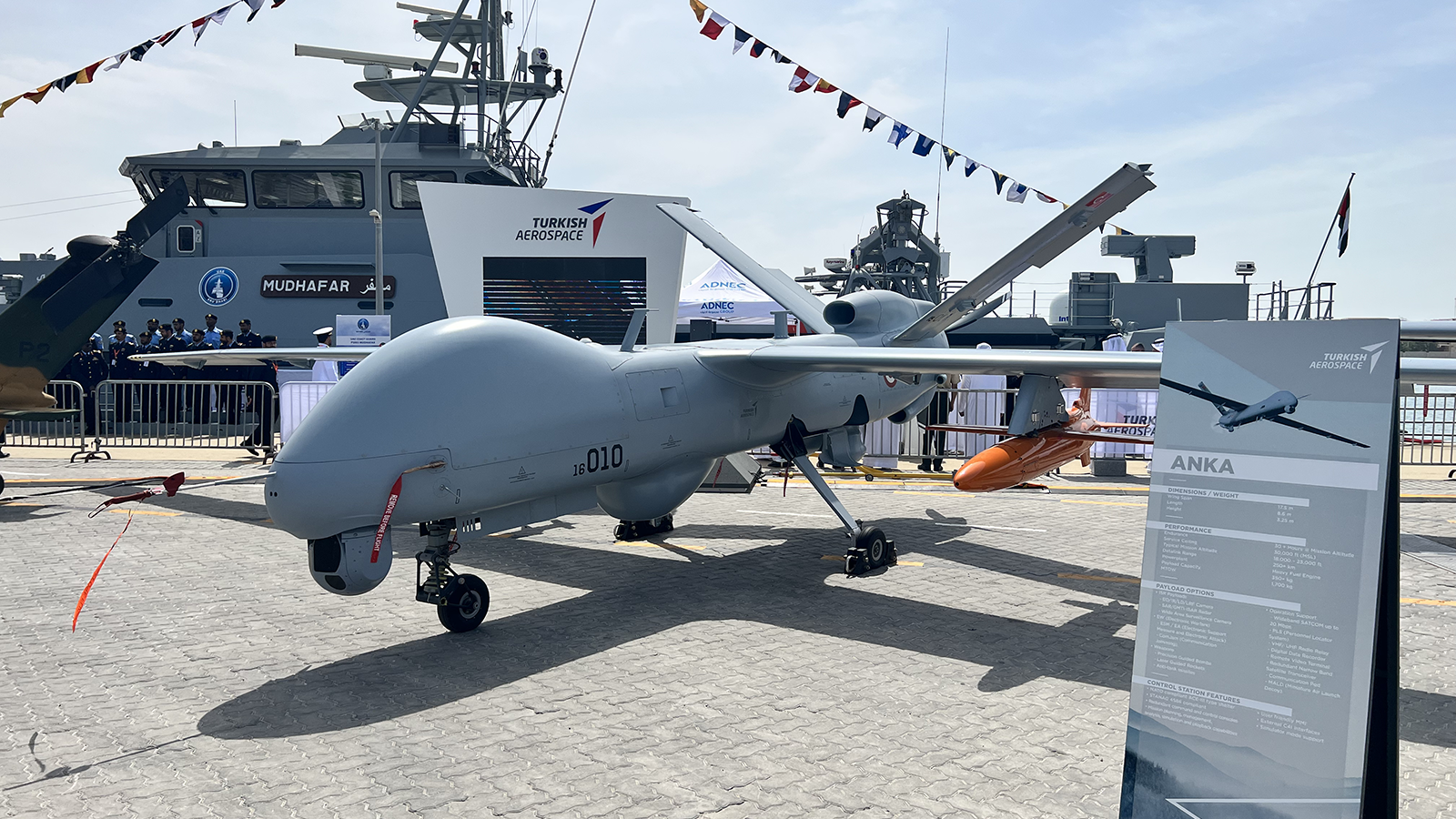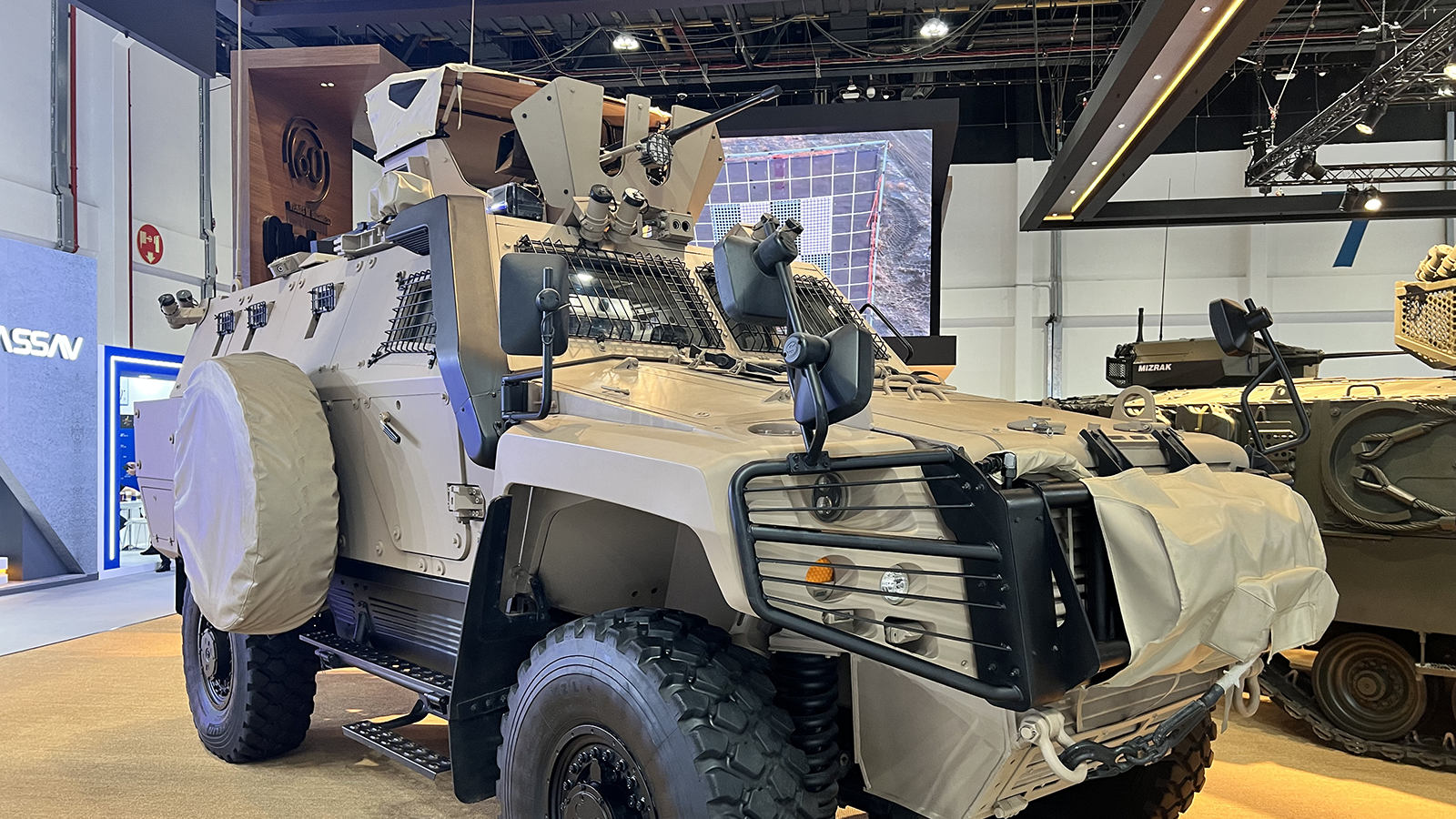
IDEX 2023 — Negotiations over the potential sale of F-35 stealth fighters and MQ-9 Reaper drones between the United States and the United Arab Emirates are still underway, according to a senior US State Department official, but even if they are successful, it will take years before the Emirati receive the combat aircraft.
For several years, the two countries have been in talks over a possible $23.3 billion deal for 50 Lockheed Martin F-35A fighters, 18 General Atomics MQ-9Bs, and air-to-air and air-to-ground munitions. Those talks have hit several speed bumps over that time, in part prompting the UAE air force to send a letter to the Pentagon in 2021 withdrawing its letters of offer and acceptance for the platforms. However, Stanley Brown, the principal deputy assistant secretary for the bureau of political-military affairs, told Breaking Defense the deal is not dead.
“We have a continuing and robust dialogue with the UAE on these sales. We remain committed to them, even as we continue consultations to ensure that we have a clear, mutual understanding with respect to Emirati obligations and actions before, during, and after delivery,” he explained on Tuesday. Brown was in Abu Dhabi, UAE, for the IDEX 2023 arms expo.
Breaking Defense is reporting from the show floor of IDEX 2023. Click HERE to keep up with the latest coverage.
He did not expand on the current sticking points, but Washington has voiced concerns about the close ties between the UAE and China, and questioned whether Abu Dhabi could protect US military technologies. More specifically, the US opposed the UAE’s contract with Chinese 5G provider Huawei, fearing that the Chinese network could technologically compromise the F-35, and pointed at what it believes may be a Chinese military facility built at a UAE port.
“We expect to continue our robust and sustained dialogue with the UAE to ensure that any defense transfers meet our mutual strategic objectives to build a stronger, interoperable, and more capable security partnership, while protecting US technology,” Brown said.
The UAE embassy in Washington did not respond to Breaking Defense’s questions about the status of deal negotiations, and representatives for the Tawazun Council, which handles acquisition for the nation, were not available to comment at IDEX. But if the two sides are ultimately able to come to an agreement, Brown said it will be “several years in the future” before those aircraft and munitions arrive in the UAE.
The original path to the potential combat aircraft deal emerged after Israel and the UAE normalized its diplomatic relationship under the Abraham Accords in 2020. Then in late 2020, in the waning days of the Trump administration, Washington publicly disclosed plans to proceed with the deal. But by April 2021, the new Biden administration said it needed to review the agreement before stating that it could proceed.
In the meantime, the UAE has tempered its commitment to seeing the deal though and even notifying the Pentagon it’s no longer interested just weeks after inking a $19 billion deal with France for 80 Dassault Rafale fighters.


